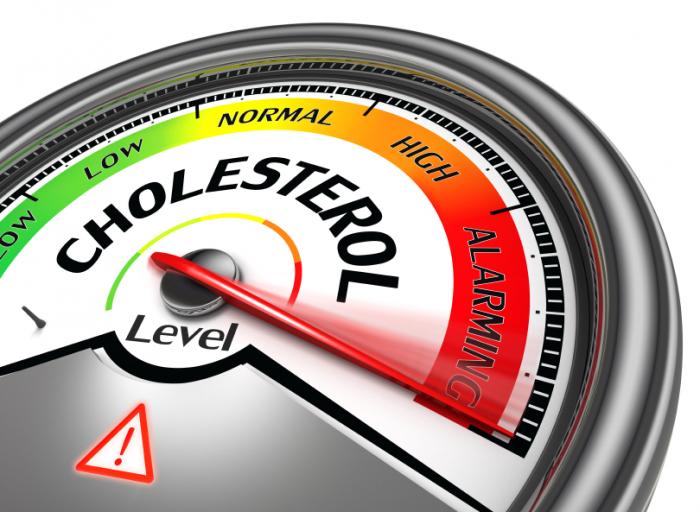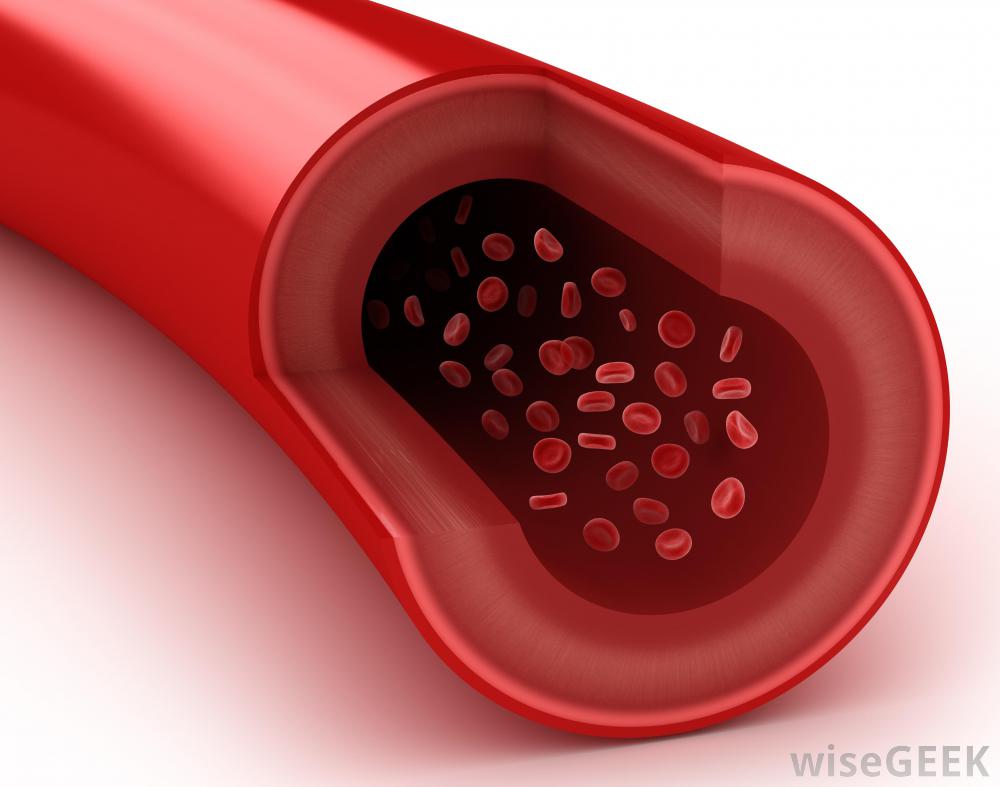A new study has reported that a daily dose of vitamin D3 improves heart function in people with chronic heart failure. The University of Leeds performed a five year study, funded by the Medical Research Council, to determine the link between Vitamin D3 and heart function. Dr. Klaus Witte, from the School of Medicine and Consultant Cardiologist, reported, “This is a significant breakthrough for patients. It is the first evidence that shows this vitamin can improve heart function of people with heart muscle weakness – known as heart failure. These findings could make a significant difference to the care of heart failure patients.”
What is Vitamin D3?
Vitamin D, known as the “Sunshine Vitamin”, is naturally synthesized through a chemical reaction between the sun’s UV rays and the cholesterol on the skin. It has been estimated that approximately 70% of North Americans have Vitamin D deficiencies. A deficiency of this vitamin can occur due to a lack of sunlight or low consumption of foods high in Vitamin D (like fatty fish).
Vitamin D3 (also known as cholecalciferol) is a vitamin that is produced when sunlight is absorbed into the skin. It has been shown to be up to 10x more potent in the human body than Vitamin D2 and can have more prolonged effects. It is a fat-soluble vitamin. Excess quantities are stored in the body’s soft tissue, such as muscles, fat, and blood vessels.
Read more about Vitamin D3 by clicking here!
The Study
More than 160 participants from Leeds who were already being treated for their heart failure, using beta-blockers, ACE-inhibitors and pacemakers were used in the study. Participants either took Vitamin D3 or a placebo tablet for one year. Researchers report that those patients who took Vitamin D3 experienced an “improvement in heart function, which was not seen in those who took the placebo.” In the 80 patients who took Vitamin D3, the heart’s pumping function improved from 26% to 34%. There was no reported change in cardiac function for the remaining individuals who were given a placebo.
Results
The study concludes that for some heart disease patients, taking vitamin D3 regularly may lessen the need for them to be fitted with an implantable cardioverter defibrillator (ICD), a device that detects irregular heart rhythms and can shock the heart back to a normal rhythm.
Source: https://www.sciencedaily.com/releases/2016/04/160404152900.html








